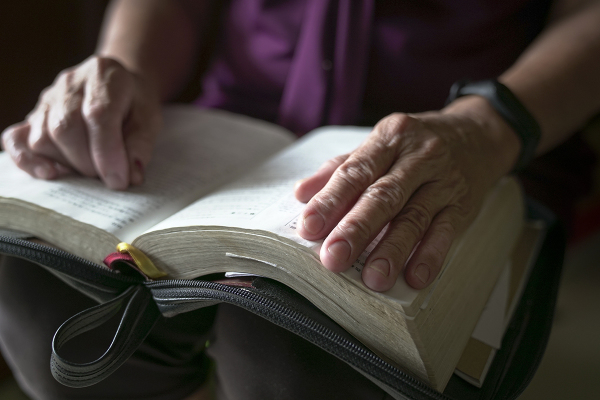NY City Shelters Can't Accept Donations From 'Good Samaritans'
The Bloomberg administration has recently been accused of blocking food donations to all government-run facilities that serve New York City's homeless.
The Health Department and the Department of Homeless Services are enforcing new nutritional rules for food served at city shelters. But because not all donated food comes with labels for nutritional content, shelters aren't allowed to accept the donations.
New York City DHS Commissioner Seth Diamond told the National Center for Public Policy Research that the complete ban on food donations is consistent with Mayor Bloomberg's emphasis on "improving nutrition for all New Yorkers."
A new interagency document controls what can be served at facilities – dictating serving sizes as well as salt, fat and calorie contents, plus fiber minimums and condiment recommendations.
A NY Homeless Services spokesperson told The Christian Post today that this is nothing new though. There was already "a long standing policy" and that the reason for not accepting donations is to ensure the food is safe and sanitary for clients.
The controversy over the policy arose this week after Jeff Stier, a senior fellow for the National Center for Public Policy Research, wrote an op-ed in the New York Post on the matter.
He believes that the ban on food donations is the direct result of work by many city agencies, all led by a mayoral task force. "So much for serving the homeless: The Bloomberg administration is now taking the term 'food police' to new depths, blocking food donations to all government-run facilities that serve the city's homeless," he said.
And although Stier has no problem if the city wants to make enough nutritious food available to the homeless, it's "no excuse for turning away charity that brings a tiny bit of joy into these lives," he argued.
John Banzhaf, a law professor at George Washington University, believes there might be a way to make donations to shelters acceptable even under the regulations though.
He explained in a released statement that at one time, many shelters and charities were reluctant to accept donated food (except in cans and/or unopened) because they had no way of determining if it had spoiled, or was otherwise unhealthy.
But, over time, these organizations learned to work with reputable restaurants, stores, and other suppliers which could assure them that the food was still wholesome.
Banzhaf said that homeless shelters which no longer want to serve as "facilitators for obesity among the poor" could adopt a similar policy by working with potential donors to see that contributed food meets the city's nutritional requirements.
At some stores and restaurants – especially health food stores and healthy-eating restaurants – virtually all of their foods for donation may already be low enough in fat, calories, and salt to meet the city's nutritional guidelines, Banzhaf explained.
In other cases, he said that shelters might agree to accept as donations all fresh fruits and vegetables, but ask that the french fries and high-fat ice cream be disposed of in another fashion. This would allow most of the potentially donated food to be accepted, without serving food items that are not healthy for adults.






















